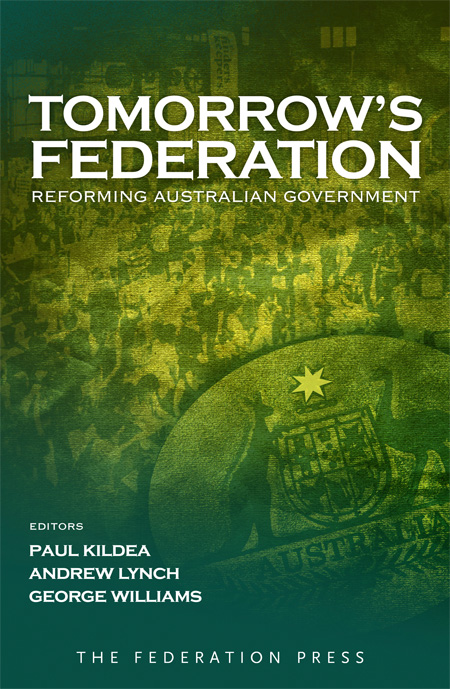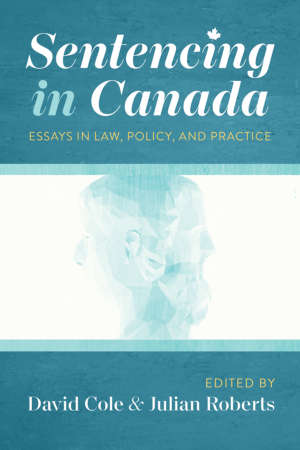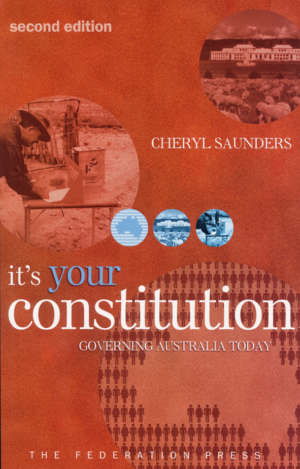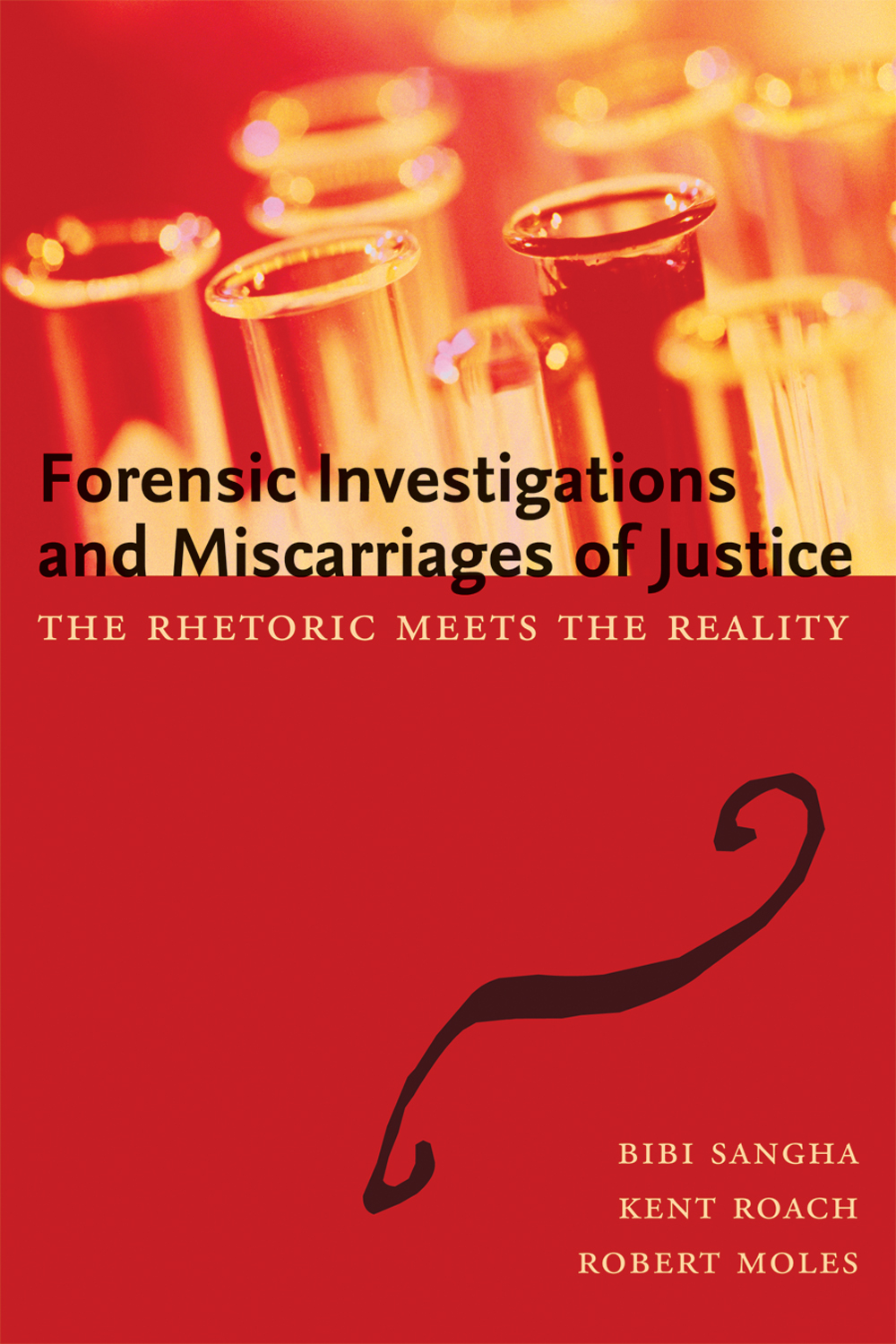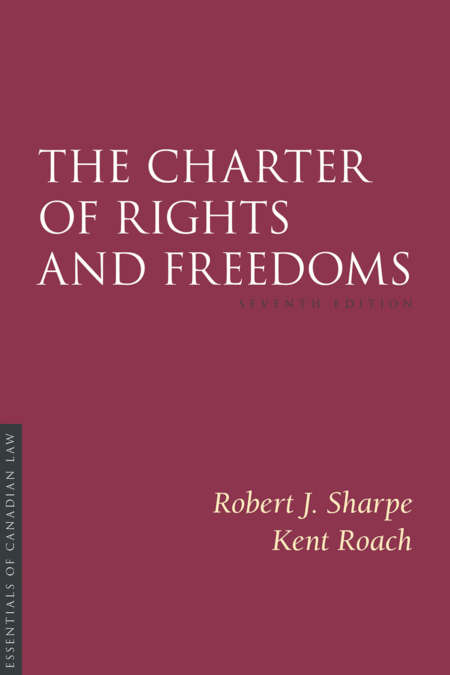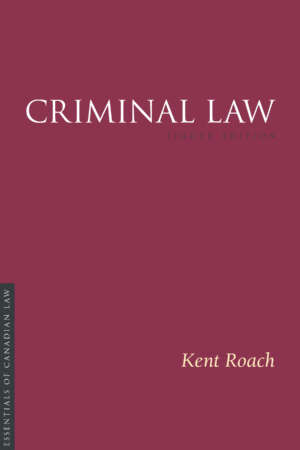Product Description
Shortlisted for the 2002 Donner Prize (first edition)
The Supreme Court of Canada has been accused of usurping Canadian democracy on a long list of divisive topics, including assisted dying, sex work, supervised injection sites, same-sex marriage, labour relations, election spending, and health care policy. Some critics claim that the nine unelected judges on Canada’s highest Court have used the Canadian Charter of Rights and Freedoms to impose their own views on public policy over those of elected governments. This book joins the crucial debate about the Charter, the Court, and Canadian democracy, and was shortlisted for the Donner Prize in public policy when originally published.
Some of the questions that Kent Roach considers in this important and timely book include: What is judicial activism? Is the Charter making us more like America, where the political nature of the judges appointed to the Court has become critical? Can judges simply read their own political preferences into the Charter? Are judges captive to special interests? What can governments and people do when they think the Court has got it wrong?
This revised edition updates the continued dialogue between the Court and Canadian governments and society over Charter issues, including recent dialogues about assisted dying and supervised injection sites. It also responds to criticisms from some commentators that the dialogue between courts and the government is a fraudulent and undemocratic monologue, and from others who believe that this dialogue can undermine the rule of law. In short, The Supreme Court on Trial makes an important contribution to understanding the role of the Court and the Charter in our democracy.


